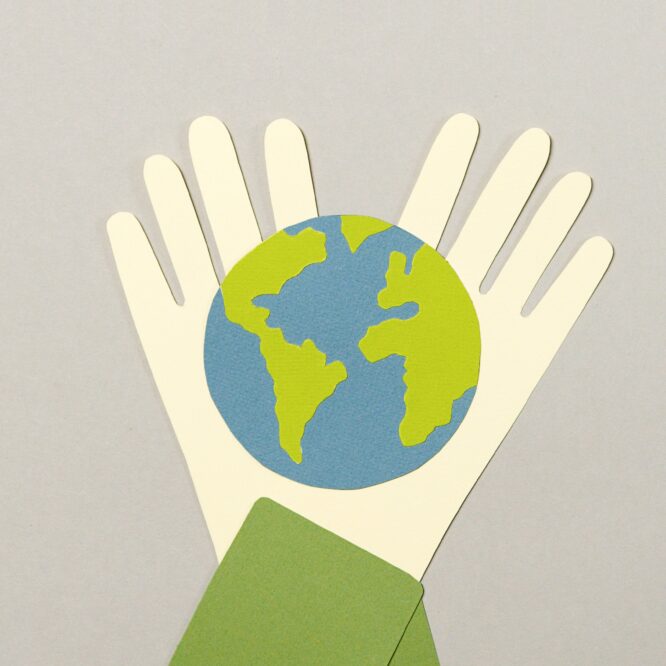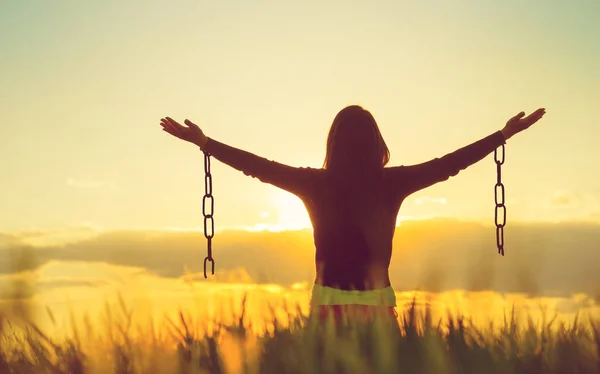Rabbi Chanina Ben Dosa used to say: Anyone whose good deeds exceed their wisdom, their wisdom will endure. But anyone whose wisdom exceeds their good deeds, their wisdom will not endure.
Our Jewish tradition is in love with learning. For many centuries, when most of the world was illiterate, Jews valued literacy as an essential pre-requisite for both prayer and Torah study. It is no accident that our Muslim neighbors named us “the People of the Book.” This was especially true for the Talmudic Rabbis cited in Pirkei Avot, whose lives were grounded, first and foremost, on a foundation of lifelong learning.
But for all their emphasis on rigorous study, our Sages recognized that it does not always lead to ethical behavior. Despite Socrates’ famous claim to the contrary, knowledge and virtue are not synonymous. Learning is amoral—its virtuosity (or lack thereof) depends entirely on how it is applied.
As we commemorate Yom HaShoah—Holocaust Memorial Day—this week, it is important to remember that the Shoah was perpetrated by what many considered to be the most cultured nation in Europe. Germany dominated academics and the arts, producing leading lights among philosophers, scientists, painters, composers, writers, filmmakers, and public intellectuals. Yet many of these brilliant minds ultimately conspired with Nazism. As Dr. Robert Jay Lifton wrote in his essential book, The Nazi Doctors: “An Auschwitz doctor could not only kill and contribute to killing but organize silently on behalf of that evil project. . . .”
In his later years, Abraham Joshua Heschel—a refugee from Nazi Germany who was both an extraordinary intellectual prodigy and a prophetic social justice exemplar—wrote: “When I was young, I admired clever people. Now that I am old, I admire kind people.”
As Rabbi Chanina recognized so long ago, wisdom without good deeds does not endure.

